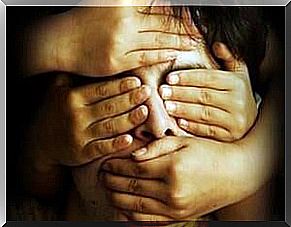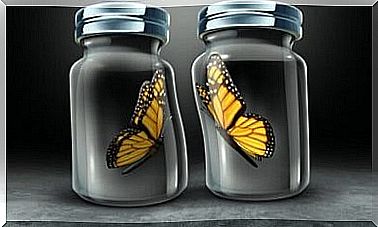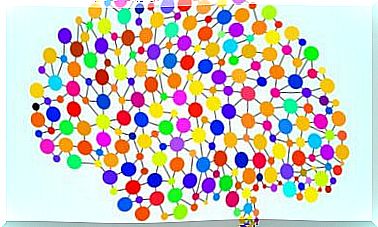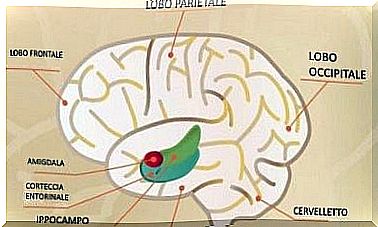5 Consequences Of Growing Up In A Toxic Environment
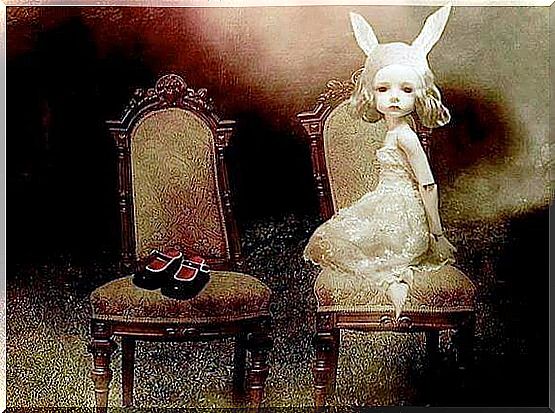
Childhood is that phase of life through which we begin to know the world, to grow and to handle the aspects with which we live. On the other hand, it is a phase during which we are particularly vulnerable and dependent. For this reason, it is possible that everything that happens to us remains attached to our roots and it is then very difficult to change it.
This applies to both positive and negative childhoods and the results obtained are quite different. It is an advantage or a disadvantage that touches us by lot and, in a certain way, we can say little about it.
Often, the profile of the disturbed person who had a childhood filled with complicated relationships appears in television series or movies, whether directly or indirectly.
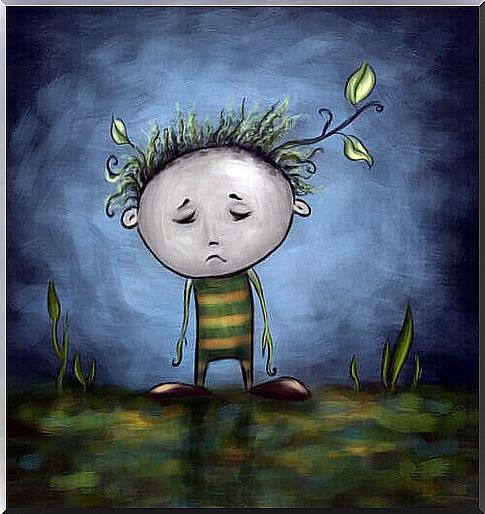
However, in reality, what are the most frequent consequences of having lived a toxic childhood? Let’s explore this in our article today.
1. Not enjoying childhood
Once this moment of life has passed, like all the others that make up our history, it never comes back. A toxic childhood is usually synonymous with a sad, unhappy, or complicated childhood.
Often not having been able to live these years in the way we would have liked, fills us with grudges towards the people towards whom we have deep feelings. This means that the emotional bonds of our childhood usually survive in the form of a confrontation between love and resentment.
The feelings we feel are therefore not the result of chance, but of the value we later give to the injustice, mistrust, fear, abandonment and humiliation that one day we had to suffer.
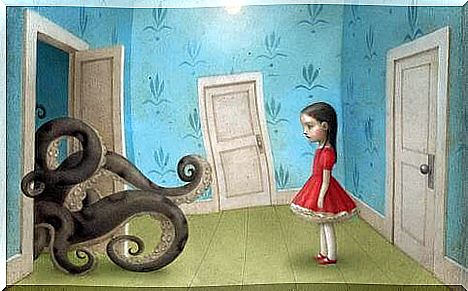
2. Not knowing how to relate to others
The way we relate begins to develop in the early years of life. We learn how we should express ourselves or how to manage silences to achieve effective communication.
In this sense, even if the lack of skill is not something impossible to correct over time, it reduces the development of our social and emotional potential. This means that, at any moment, it is likely that we will have to pay dearly for this lack.
3. Manage the ego
The toxicity of childhood not only refers to the lack of affection and having to continually suffer the unjustified punishment of indifference; it also has to do with having to live with people who never recognize their mistakes or who are ultra protective of the child, preventing him from facing mistakes and projecting on him an image of invulnerability and perfection far from what will find later in life
In this way, the child grows up thinking that he is something he is not, which results in a lack of knowledge that will cost him dearly over the years.
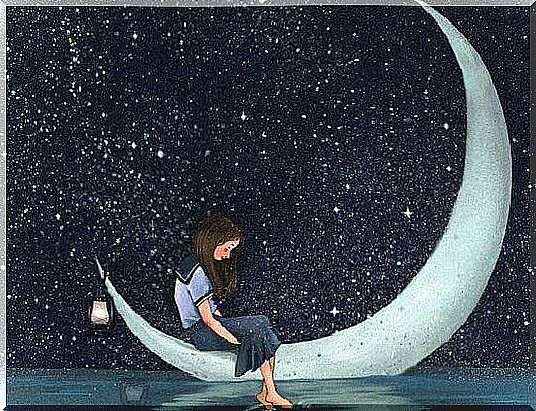
4. Emotional intelligence
Mathematics, literature, languages… all of these subjects (best or worst) are part of all academic programs. Despite this, something as daily and useful as knowing how to manage our emotions remains (or remained) outside of any type of schooling.
The fact that no one has bothered to teach us how to manage our emotions does not mean that we have not learned how to do it, but the problem is that we learn it for ourselves by observing others.
That’s why a toxic childhood is often linked to having people to admire or close to who have underdeveloped emotional intelligence. This can be very toxic in childhood because it makes us vulnerable in the most fundamental way.
5. Raise your own children
How we grow up determines the techniques with which we want to educate the children around us in our adult life. Even if it is true that we often repeat certain patterns or behaviors unconsciously, the effort we make to restore the right direction to our life is much greater.

